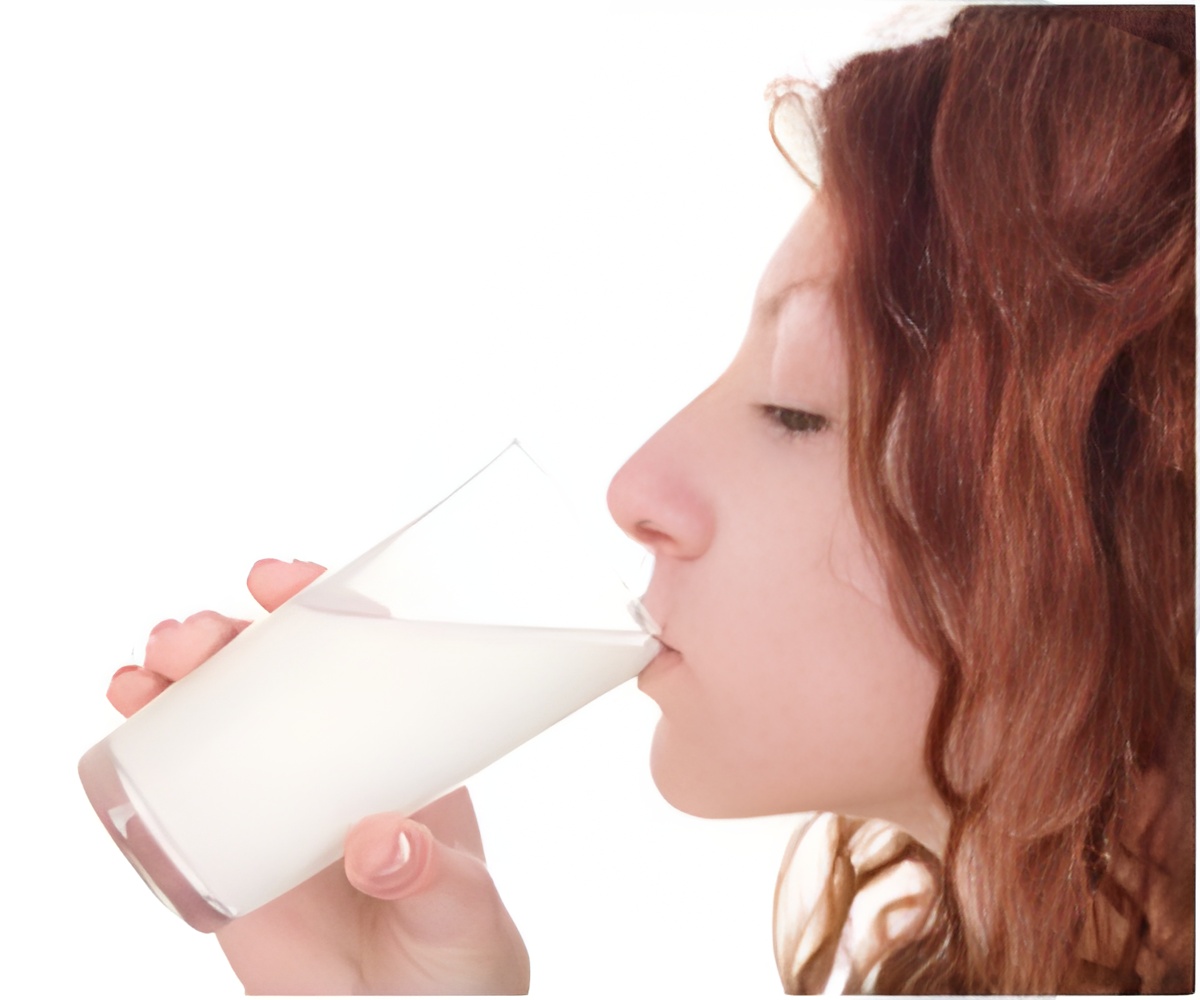Diet high in saturated milk fats, which is present in many processed foods, may allow the gut bacteria that cause bowel diseases to be reshaped, a new study has revealed.

Mouse experiments linked certain fats, bacteria in the gut and the onset of inflammatory diseases.
The US researchers have said that the high-fat diet changed the way food was digested and encouraged harmful bacteria.
Microbiologists said modifying gut bacteria might treat the ailment.
Inflammatory bowel diseases (IBDs), such as Crohn's and ulcerative colitis, influence one in every 350 people in the UK. When the gut becomes inflamed it can lead to abdominal pain and diarrhea.
The researchers at the University of Chicago said that the incidence of the diseases was increasing rapidly.
Advertisement
These saturated fats are hard for the body to digest and responded by pumping more bile into the gut. This lead to changes in the gut environment which leads to a change in the bacteria growing there, the researchers said.
Advertisement
"Unfortunately, these can be harmful bacteria. Presented with a rich source of sulphur, they bloom, and when they do, they are capable of activating the immune system of genetically prone individuals," the BBC quoted Prof Eugene Chang, of the University of Chicago, as saying.
However, he said that this could lead to possible treatments as the gut bacteria could be "reshaped" without "significantly affecting the lifestyles of individuals who are genetically prone to these diseases."
"Not only do the authors provide, what is in my opinion, the first credible explanation as to how Western diet contributes to the unusually high incidence in inflammatory bowel disease; they also suggest an effective means of dealing with such diseases, by simply reshaping the microbial balance of the gut," Dr Roy Sleator, from the Cork Institute of Technology, said.
The study has been published in the journal Nature.
Source-ANI















